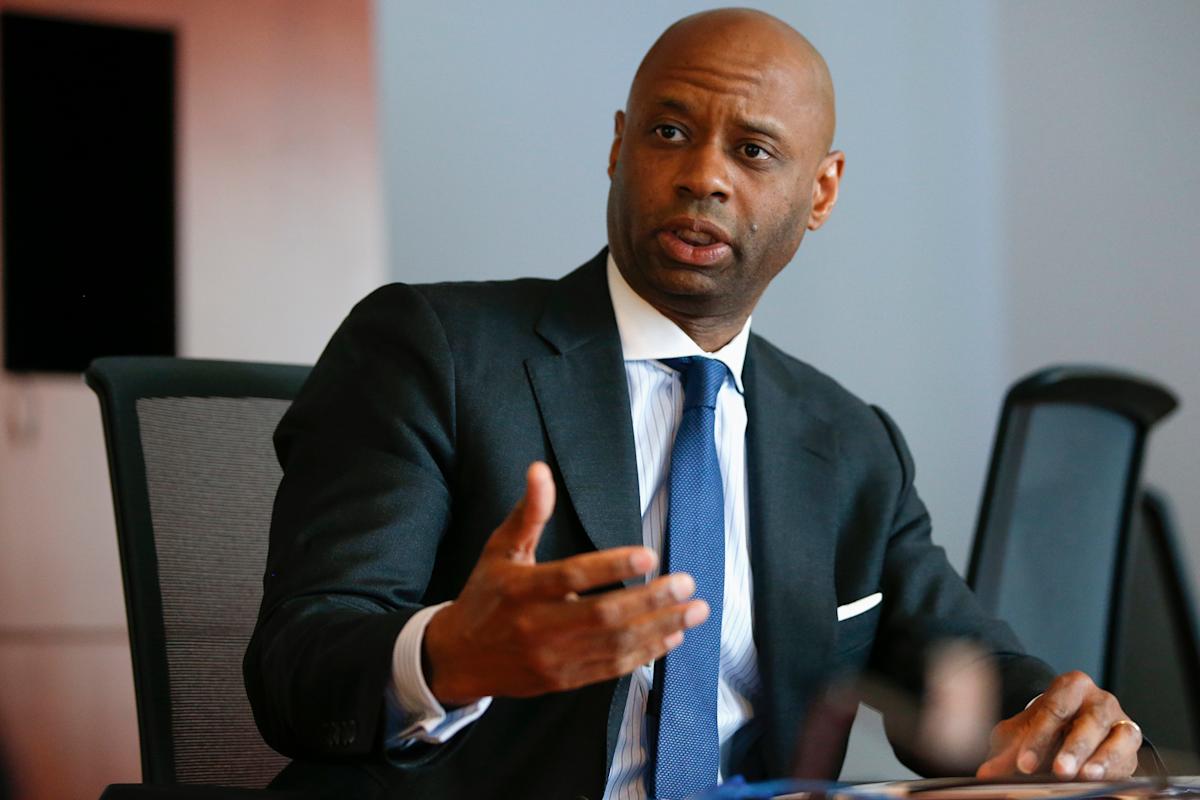Citi CFO Mason to step down after CEO Fraser’s power consolidation
56-year old Mason will hand his role to Gonzalo Luchetti, the head of Citi’s US consumer bank, by early March, according to a wider management reshuffling announcement on Thursday. Mason will leave the bank at the end of next year.
“I feel a deep sense of pride in the role I played to reorient our strategy to deliver enhanced shareholder returns and in helping the firm build a track record of delivering on the commitments we have made,” Mason said in a press release statement.
Citi will also split up its US consumer bank—moving its retail banking unit under its newer wealth division led by top lieutenant Andy Sieg who joined in September 2023. The bank’s credit card portfolio and retail services business will remain as a standalone division under current head of credit cards, Pam Habner.
58 year old Mason has worked for Citi for 25 years and served as CFO since 2019. He’s also nearly the same age as Fraser who has recently been granted even more reasons to remain in her role after Citi’s directors voted to make her board chair.
“Mark has been an invaluable partner to me as we made progress delivering on our Transformation, strengthening our performance and ensuring a focus on shareholder returns,” Fraser wrote in a note to staff seen by Yahoo Finance. “While he has navigated the firm expertly through market disruptions and challenging times, his legacy as CFO will be defined by positioning Citi for the years ahead.”
The reshuffling moves comes at a critical juncture. Citi has made multiple moves over the years to improve its performance under Fraser. That effort has included shrinking and simplifying management layers across the bank by slowly unwinding pieces of the international bank’s empire and eliminating layers of corporate bloat. The end game: boosting Citi’s stock price after over a decade of mishaps and underperformance compared to rivals.
The bank was fined last year for $135 million by regulators for slow progress in improving its data management, quality and risk infrastructure. Those deficiencies date back to a 2020 consent order from regulators that called for Citi to overhaul its data and risk systems.
The bank has also suffered some specific public transaction blunders. Known as ‘fat fingers’, these errors have included mistakenly wiring $900 million to creditors of makeup company Revlon, which initiated a to-year legal fight.
To make good on that vow to investors, Citi has promised to hit a key threshold for bank profitability known as return on tangible common equity (ROTCE).
The bank still hasn’t gotten there yet but has laid plans to out reach the market next year. It posted a ROTCE of 8% as of the end of September after bumping the threshold down from 11% to 12% to 10% to 11% earlier this year.



Leave a Comment
Your email address will not be published. Required fields are marked *